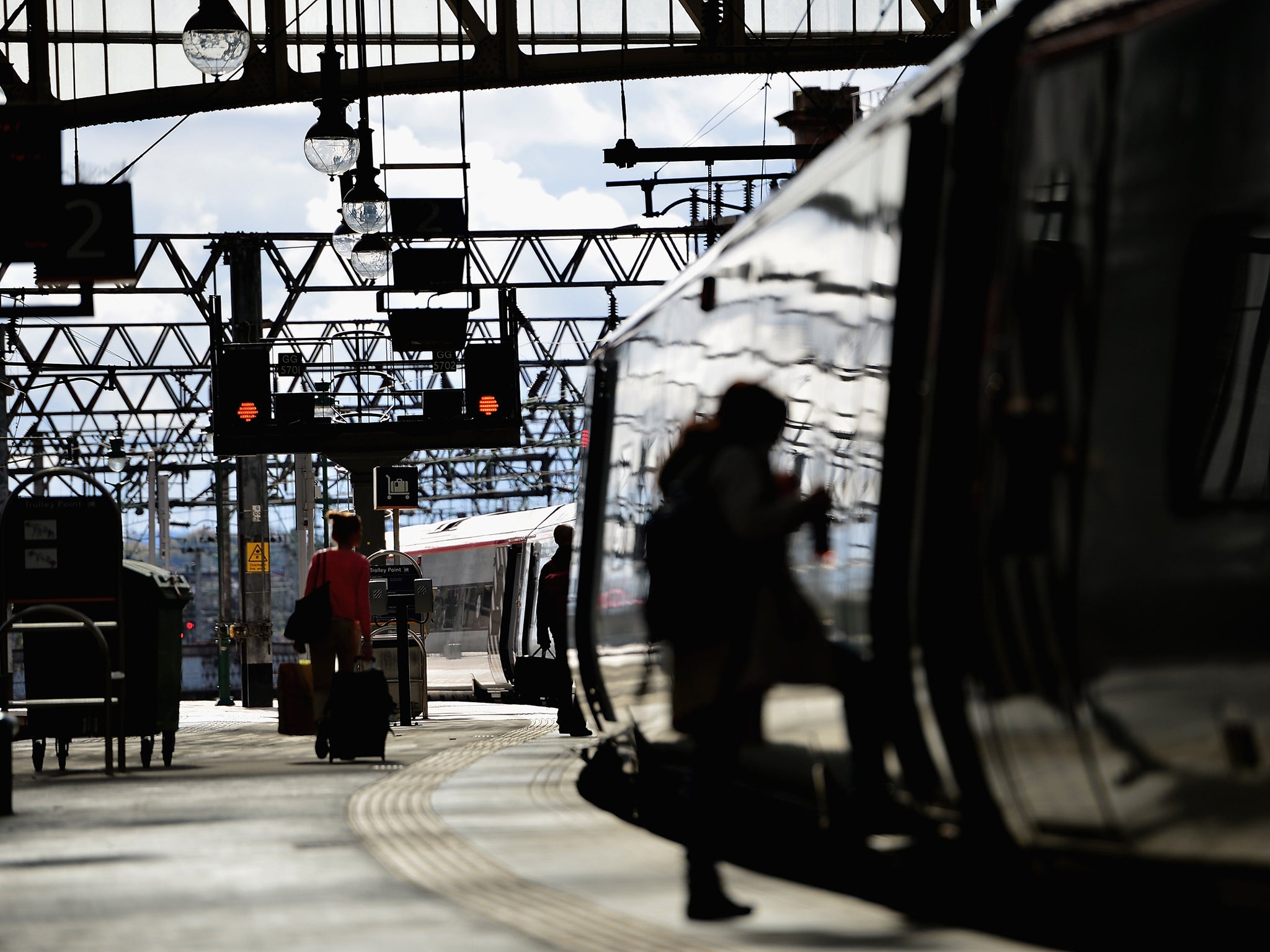Rail franchises still face ‘uncertainty and volatility’, says NAO
Network Rail has struggled because passenger numbers are increasing at a rapid rate

The rail franchise programme is still faced with “considerable uncertainty and volatility”, despite the Department of Transport improving its management after the collapse of the InterCity West Coast competition.
That’s according to a relatively damning report published today by the National Audit Office (NAO). It says there are emerging risks to achieving value for money as the rail franchising programme develops, with uncertainty, delays and cost increases on major infrastructure works as well as the risk of reduced competition and potentially stretched bidder and departmental resources.
Amyas Morse, the head of the NAO, said: “There is considerable uncertainty and volatility around the rail infrastructure improvement programme. And there are risks to effective competition should market interest decline.”
But the report said the Department of Transport has now largely addressed the recommendations in reports by the NAO, the Committee of Public Accounts, and Sam Laidlaw (a then departmental non-executive director), which highlighted significant weaknesses in the department’s management and oversight of the franchise competition.
The boss of one of the largest franchises has argued that Britain’s workforce is not skilled enough to cope with the Government’s rail investment programme.
Network Rail, the state-backed group that maintains and runs 20,000 miles of track and 40,000 bridges, has struggled because passenger numbers are increasing at a rapid rate. There are twice as many passengers now – 4.5 million a day – than in the 1920s, when the railway network was double the size.
The Government is looking at how to overhaul Network Rail after it was temporarily forced to “pause” two electrification projects this year.
One of these was the electrification of the transpennine route between Manchester and York. The House of Commons’ Public Accounts Committee said last week that this delay, and a £1.2bn increase in the cost of the Great Western Main Line electrification, was “staggering and unacceptable”.
Nick Donovan, managing director at First TransPennine Express, told The Independent: “Some of these [infrastructure] projects are so ambitious and our workforce is not as agile or experienced in speed of delivery as they need to be … There’s never a single issue [for delays] but there is a talent/skills issue.”
Mr Donovan added there was “potentially” a need to hire more overseas workers, but praised initiatives such as the new National Training Academy for Rail. He said there is a particular shortage of signalling engineers and communications experts, both of which are highly skilled jobs.
Nick Donovan of First TransPennine Express blames a ‘talent/skills issue’
Subscribe to Independent Premium to bookmark this article
Want to bookmark your favourite articles and stories to read or reference later? Start your Independent Premium subscription today.

Join our commenting forum
Join thought-provoking conversations, follow other Independent readers and see their replies